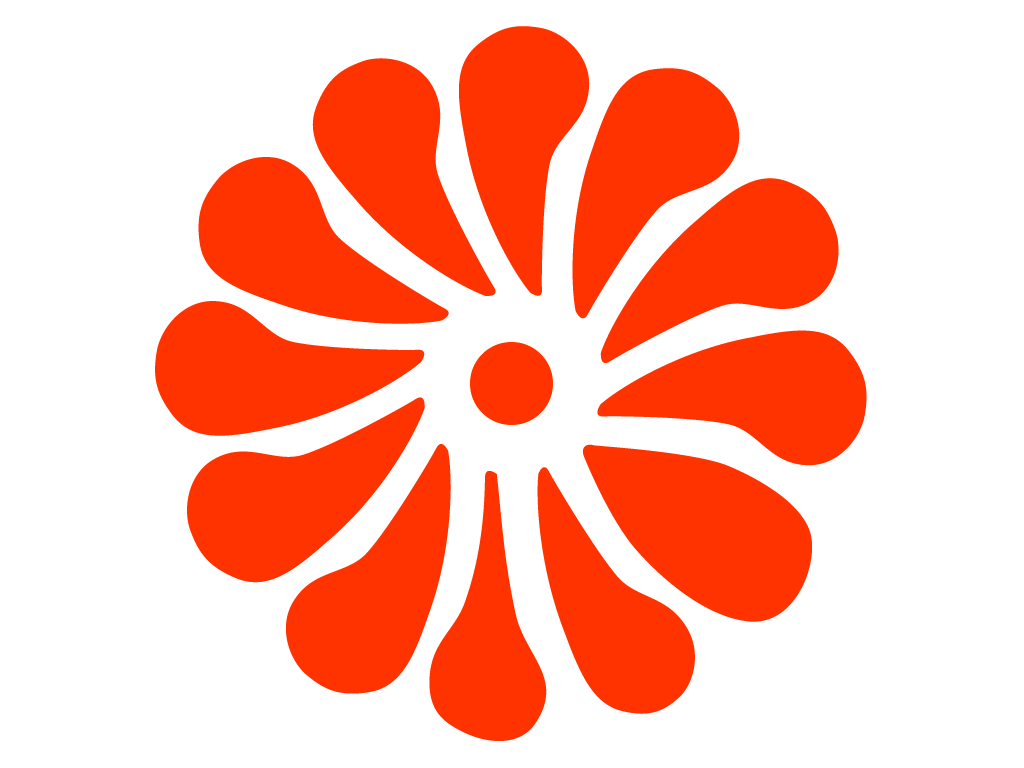Exploring the World of Hibiscus: From Cultural History to Culinary Delights
Hibiscus, a flowering plant belonging to the family Malvaceae, is celebrated worldwide for its captivating beauty and diverse uses. With over 200 species, Hibiscus has a rich cultural history, being cherished for its culinary delights, medicinal properties, and delightful beverage it produces—Hibiscus tea. Let’s dive into the fascinating world of Hibiscus and discover its benefits, side effects, cultural significance, and cultivation.
Hibiscus Tea: A Refreshing Beverage with Health Benefits
Hibiscus tea, also known as “Sour tea” or “Roselle tea,” is an aromatic and tart beverage made from the dried calyces of Hibiscus flowers. Renowned for its vibrant red color and tangy taste, Hibiscus tea is enjoyed both hot and cold, making it a refreshing choice in various cultures around the world. Beyond its delightful flavor, Hibiscus tea offers numerous health benefits.
It is a rich source of vitamin C, antioxidants, and minerals, which are believed to support immune health and provide anti-inflammatory properties. Additionally, studies suggest that regular consumption of Hibiscus tea may help in reducing high blood pressure and managing cholesterol levels. However, it’s essential to note that individuals taking certain medications, such as antihypertensive drugs, should consult with a healthcare professional before incorporating Hibiscus tea into their routine.
Hibiscus in Culinary Delights: A Touch of Flavor and Vibrancy
Beyond its use as a beverage, Hibiscus finds its way into various culinary creations. The dried petals of Hibiscus flowers are used to add a vibrant and tangy flavor to dishes, desserts, and beverages. In cuisines across the globe, Hibiscus is utilized in sauces, jams, jellies, cocktails, and even as a garnish. Its unique taste profile adds a delightful twist to both sweet and savory dishes, leaving a memorable impression on taste buds.
In Traditional Medicine: Centuries of Healing Wisdom
The health benefits of Hibiscus extend beyond its tea. Traditional medicinal practices have utilized different parts of the Hibiscus plant for centuries. In various cultures, Hibiscus extracts have been employed to address a wide range of conditions. Its potential uses include aiding digestion, promoting healthy skin, relieving menstrual discomfort, and supporting overall well-being. However, it’s crucial to remember that while traditional knowledge highlights the potential benefits, scientific research is ongoing to validate these claims.
Cultural Significance and Historical Usage: Hibiscus holds cultural significance in many regions around the world. It is often associated with celebrations, rituals, and traditional ceremonies. In Hawaii, the Hibiscus flower is the state flower and represents beauty, charm, and hospitality. In certain cultures, Hibiscus flowers are used as ornamental decorations during weddings and other festive occasions. The vibrant colors and delicate petals of Hibiscus have captured the imagination of artists, poets, and storytellers, making it a symbol of beauty, love, and grace across various traditions.
Cultivating Hibiscus: Bringing Beauty and Flavor to Your Garden
Hibiscus plants thrive in warm climates and are best suited for tropical or subtropical regions. When cultivating Hibiscus, provide them with full sun exposure and well-drained soil enriched with organic matter. Regular watering is essential, particularly during the growing season, to ensure healthy growth and abundant blooms.
Pruning and shaping Hibiscus plants can help maintain their form and promote vigorous flowering. However, it’s important to be aware of potential pests and diseases such as aphids, whiteflies, and fungal infections, and take appropriate measures to prevent or address them.
Whether you indulge in the refreshing Hibiscus tea, experiment with its culinary versatility, or appreciate its cultural significance, the world of Hibiscus offers a delightful journey. Embrace the beauty, flavors, and potential health benefits of Hibiscus, and let it captivate your senses.
Note: As with any herbal remedy or dietary supplement, it is advisable to consult with a healthcare professional or herbalist before using Hibiscus for medicinal purposes, especially if you have any underlying health conditions or are taking medications that may interact with its compounds.





